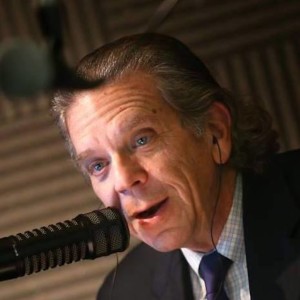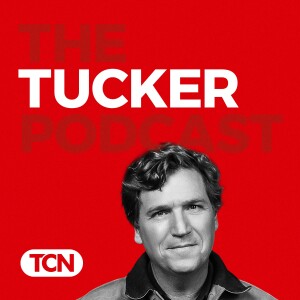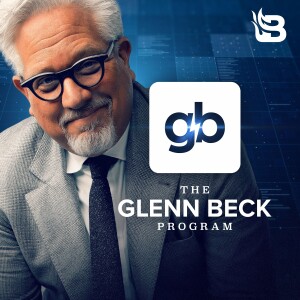

The playwright Arthur Laurents, in his film The Way We Were, talks about his handsome hero, saying that “in a way he was like the country he lived in; everything came too easily to him." For decades we thought the same about Jack Kennedy. He had that cool, romantic, Gatsbyesque detachment and it somehow seemed to come easily to him, as to the manor born.
Today, as a result of a beautiful and insightful new biography Jack Kennedy: Elusive Hero by Chris Matthews, we know a lot mor...
The playwright Arthur Laurents, in his film The Way We Were, talks about his handsome hero, saying that “in a way he was like the country he lived in; everything came too easily to him." For decades we thought the same about Jack Kennedy. He had that cool, romantic, Gatsbyesque detachment and it somehow seemed to come easily to him, as to the manor born.
Today, as a result of a beautiful and insightful new biography Jack Kennedy: Elusive Hero by Chris Matthews, we know a lot more about how that heroic Renaissance man detachment came to be. It came not from ease, but from pain, study and yes, even loneliness. The kind of pain that builds character and makes great leaders and great Presidents. In a way he was like the country we all used to live in, and less like the one we live in today. My conversation with Chris Matthews:
var gaJsHost = (("https:" == document.location.protocol) ? "https://ssl." : "http://www.");
document.write(unescape("%3Cscript src='" + gaJsHost + "google-analytics.com/ga.js' type='text/javascript'%3E%3C/script%3E"));
try {
var pageTracker = _gat._getTracker("UA-6296941-2");
pageTracker._trackPageview();
} catch(err) {}
View more
Comments (3)
More Episodes
All Episodes>>Create Your Podcast In Minutes
- Full-featured podcast site
- Unlimited storage and bandwidth
- Comprehensive podcast stats
- Distribute to Apple Podcasts, Spotify, and more
- Make money with your podcast
It is Free












